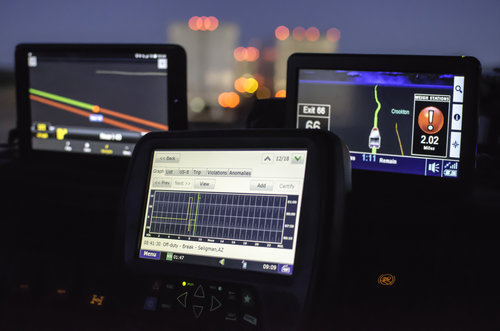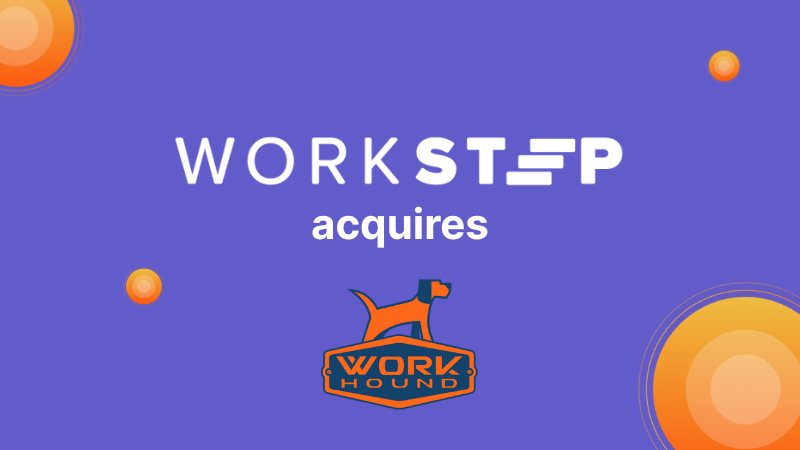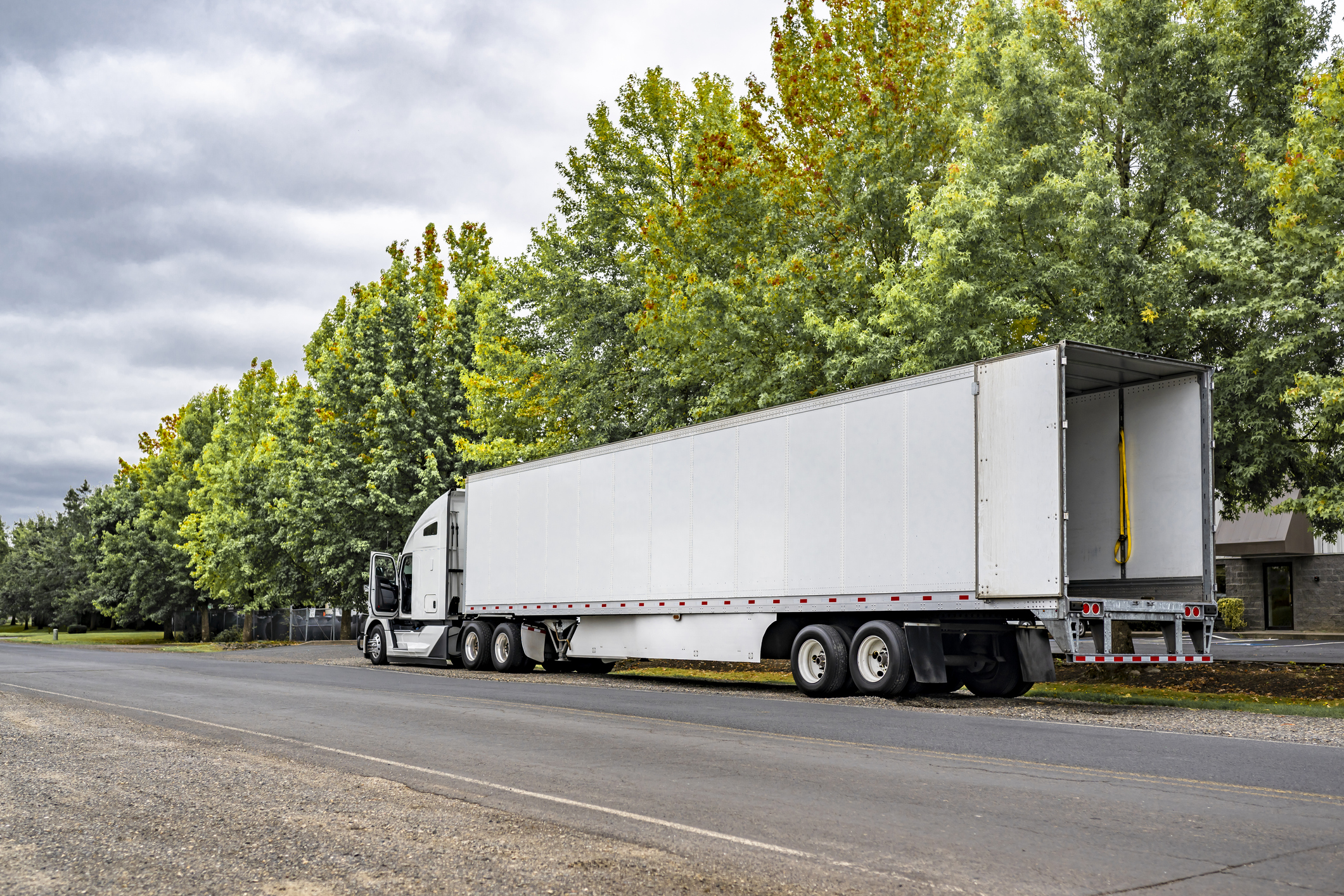Need to Accelerate ELD Compliance? Try This Out

There are plenty of jobs that require employees to clock in and clock out each day. In fact, what draws truckers to the industry is the freedom of being behind the wheel and on the open road.
But in a strictly regulated industry such as trucking, that freedom only goes so far. Recent regulations have made great steps to ensure driver safety—but they’ve also been an enormous headache for carriers.
And the most recent, most pressing regulation bearing down on carriers is MAP-21. If you’re not ready to make the changes, your company could see incredible fines.
Luckily, some companies have found a way to speed up that process.
Background on Legislation
President Obama signed the Moving Ahead for Progress in the 21st Century Act (MAP-21) into law on July 6, 2012. Designed to fund surface transportation, the act makes sweeping changes for companies of all sizes.
In the act, the Federal Motor Carrier Safety Administration mandates the use of electronic logging devices (ELDs). These devices electronically record a driver’s record of duty status (RODS). This replaces the paper logbook some drivers use to record Hours of Service (HOS) compliance.
ELDs help create safer work environments for drivers. The also make it easier and faster to track, manage and share data. That said, the change is abrupt. Carriers and drivers who are using paper logs must transition to ELDs no later than December 18, 2017.
But what happens if companies don’t comply?
The Importance of Complying
HOS documentation fines aren’t a new thing for carriers—they’ve been around as long as paper logs have. One article cites industry-wide HOS fine amounts totaling over $330 million since the start of 2015.
The FMCSA has not officially stated what happens when companies do not follow the ELD mandate. But estimates show that the fine per acute violation could be around $8,700.
And more than $8,000 per offense can add up very quickly for cash-strapped carriers.
The ELD mandate requires companies of all sizes to make a leap into new technology. But for companies slow to change, this might present a challenge.
How Feedback Can Create Impressive Change
While drivers will save an incredible amount of time—$1.6 billion worth, according to one estimate—many carriers will still find their drivers struggling to use ELD devices.
Why? Change is hard, and change involving unfamiliar technologies can be harder. Set-in-their-ways drivers who cling to their paper logs will find it difficult to change.
So what can carriers do to increase use of ELDs? Put emphasis on driver feedback.
By giving your drivers an anonymous feedback platform to share feedback on ways to improve on the transition to ELDs, companies can see first-hand how the program is working. Better yet, when a driver raises a pressing issue, companies can drop the veil of anonymity and reach out to individual drivers.
Getting everyone on your team familiarized with ELDs might be a tall order for your company. Using them is a separate battle. But with WorkHound, it just got easier.
Accelerate your ELD compliance. Schedule your free 15-minute assessment to learn how WorkHound can give your drivers a voice during the transition.
Let's Build Better Workplaces Together
Revolutionize your company culture and your worker retention rates by improving communication and engagement.
Book a Demo

